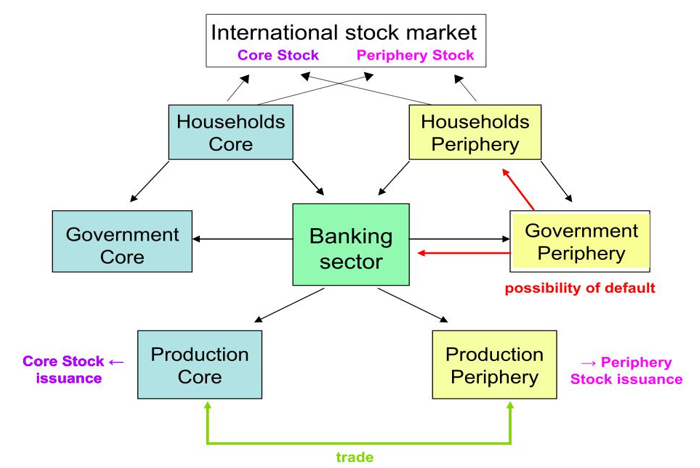The 2023 CEPII's Programme of work: focus on shocks and deep transformations of global economy
By Antoine Bouët, Christophe Destais, Lionel Fontagné, Thomas Grjebine, Vincent Vicard
This year, the major topics of the CEPII's work programme emerge from the current gloomy context: the energy transition, the resilience of value chains, impacts of geopolitical tensions, the macroeconomic situation marked by new budgetary priorities and the tightening of monetary policies.




 00:43:31
00:43:31






.png)
